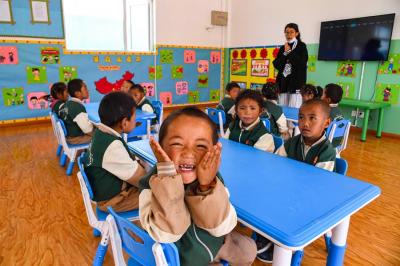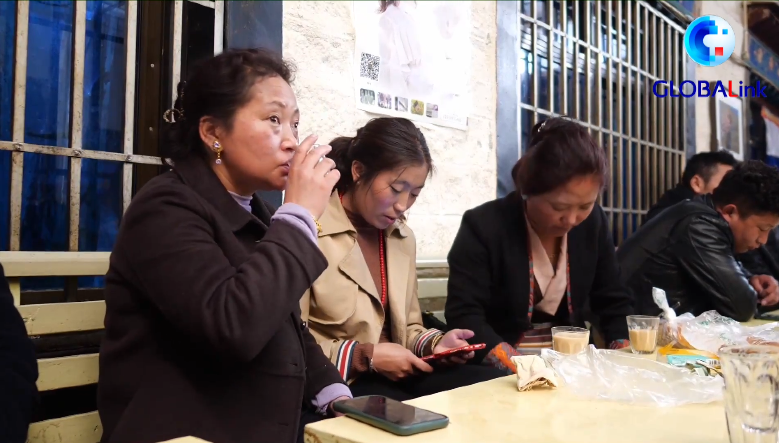| Aug.17,2020 -- With at least nine Chinese cities reporting cases of imported frozen products contaminated with the novel coronavirus since early July, authorities are taking measures to prevent further such incidences.
On Thursday, officials in Shenzhen, Guangdong province, confirmed that a sample of frozen chicken wings imported from Brazil tested positive on Wednesday. Meanwhile, some packaging samples from frozen shrimp tested positive in Xi'an, Shaanxi province.
China's customs authority suspended imports from three Ecuadorean shrimp producers on July 10 after samples collected from the outer packaging of their shrimp and the interior of a container in which they were shipped tested positive for the virus in Xiamen, Fujian province, and Dalian, Liaoning province.
Packaging for some Ecuadorean shrimp also tested positive in several other places, including Pingxiang, Jiangxi province; Chongqing municipality; and Wuhu, Anhui province.
The General Administration of Customs issued inspection and quarantine requirements on Friday for Ecuadorean frozen white shrimp.
It said that enterprises producing frozen white shrimp in the Andean nation should first be approved by Ecuadorean authorities and also registered in China. Without registration, they are not allowed to export to China.
During the ongoing COVID-19 pandemic, enterprises must comply with anti-COVID-19 and food safety requirements, meet guidelines issued by United Nations' Food and Agriculture Organization and the World Health Organization, and ensure the effective implementation of prevention and control measures during the whole process-from harvesting to processing, packaging, storage and transport-in order to prevent contamination, it said.
Michael Ryan, executive director of the Health Emergencies Program at the WHO, said on Thursday in Geneva that: "People should not fear food or food packaging, or the processing or delivery of food. There is no evidence that food or the food chain is participating in transmission of this virus ... Our food, from a COVID perspective, is safe."
Zhu Yi, an associate professor at China Agricultural University's college of food science and nutrition engineering, told Beijing News that the contamination actually has nothing to do with the food or packaging.
The key is the cold-chain temperature of-18 C, in which viruses can survive, Zhu said, adding that it is not a bad thing that some samples have tested positive as this demonstrates that China carries out strict epidemic prevention and control measures.
Zhu said the packaging samples which tested positive might be contaminated with droplets from an infected person, just as from elevator buttons or door handles.
He added that if the contagion is not controlled in production areas, workers in labor-intensive food processing plants are at higher risk of infection, and food preparation surfaces are also at higher risk of contamination. People most at risk are those in the food processing and catering sector while the risk to customers is very low.
|
- Home
- News Tibet |Exclusive |China |World |Related News |Latest
- Documents White Papers |Others
- Photo Politics |Economy & Society |Culture & Religion |Human & Nature |Beautiful Tibet |Other Tibetan-Inhabited Area |Exchanges |Related
- Video News |Documentary |Micro-Video |Entertainment
- Art
- Tourism
- In Focus
- About Tibet






